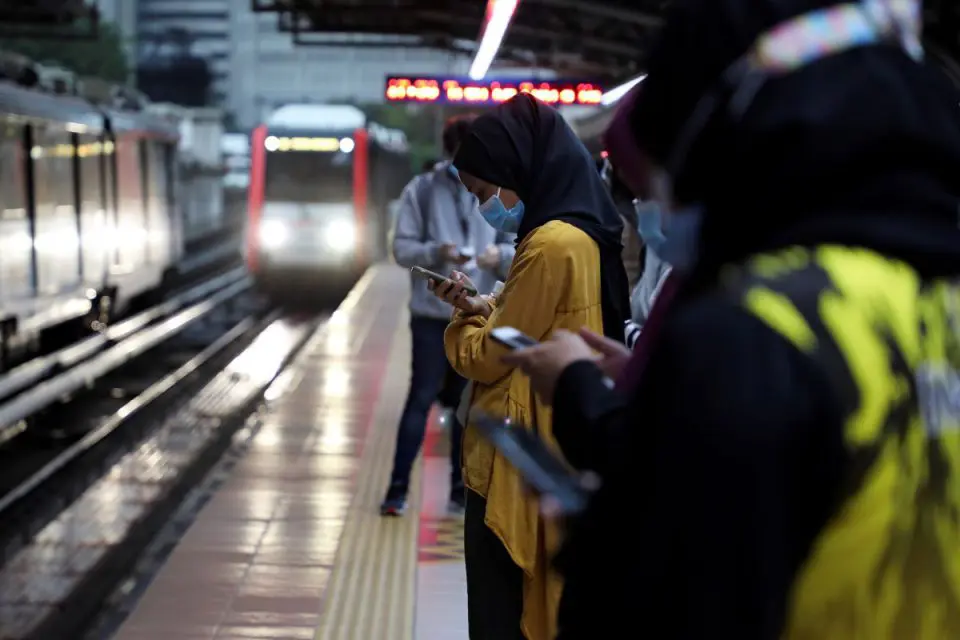SHAH ALAM, Feb 14 — Based on the 2020 Population and Housing Census, Malaysia’s population is 32.4 million, said Prime Minister Datuk Seri Ismail Sabri Yaakob.
He said the country’s population registered a Compound Annual Growth Rate (CAGR) of 1.7 per cent over a 10-year period.
Malaysians made up 29.8 million or 91.7 per cent of the population while non-citizens totalled 2.7 million or 8.3 per cent, he said when launching the Report on Key Findings of Population and Housing Census 2020 here today.
The prime minister said 52.3 per cent of the population are men and 47.7 per cent women, giving a ratio of 110 men to 100 women.
“The findings of the census also show that women outnumber men in the Federal Territory of Putrajaya at a ratio of 100 women to 96 men,” he added.
Ismail Sabri said for statistics based on ethnic groups, Bumiputeras make up the most at 69.4 per cent, followed by Chinese (23.2 per cent), Indians (6.7 per cent) and others (0.7 per cent).
In terms of age groups, the findings show that 6.8 per cent are aged 65 and above, 69.3 per cent are of working age (15 to 64 years) and the balance of 24 per cent are categorised as young (0 to 14 years).
“Senior citizens or those aged 60 and above account for 10.4 per cent (3.4 million), compared to eight per cent (2.2 million) in 2010.
“The young age group shows a drop, from 27.6 per cent in 2010 to 24 per cent in 2020,” he added.
The prime minister said 9.6 million places of residence were recorded, with 8.2 million households (IR) having an average private IR size of 3.8 members.
He said the 2020 census would be the new benchmark for the government to draw up policies related to development for the people’s well-being, apart from serving as a comprehensive input for the implementation of existing policies such as the Shared Prosperity Vision 2030, 12th Malaysia Plan and Sustainable Development Goals 2030 (SDGs).
He said the Department of Statistics Malaysia had established strategic collaboration and cooperation with ministries, state government agencies and local authorities, as well as the private sector and society in general, to ensure the integrity of data produced from the census.
Ismail Sabri expressed his appreciation to all involved in the successful implementation of the census, which has produced findings that are beneficial to the country and people now and for future generations.
He urged the people to continue to cultivate data and information for life management so that the country could produce a civilisation with critical and analytical thinking based on data.
“These statistics and data are closely linked to thinking trends which then churn out results and findings.
“The result is the country can then produce people with first-class minds in line with the Keluarga Malaysia (The Malaysian Family) aspiration to turn the country into a developed nation by 2030,” he said.
— Bernama





